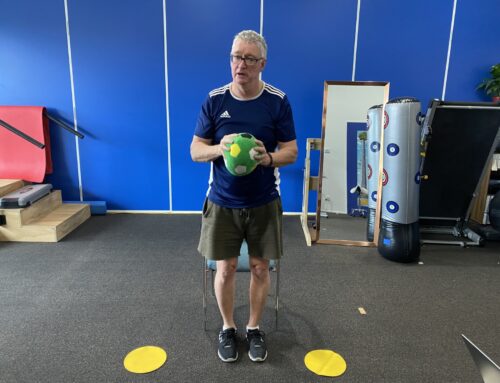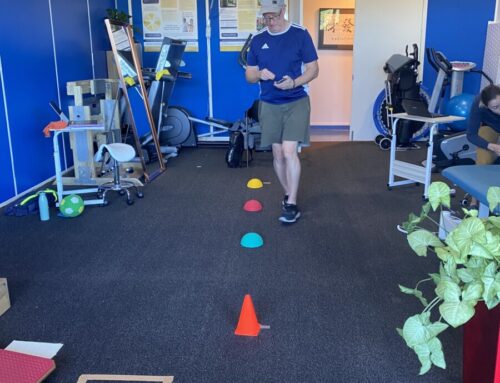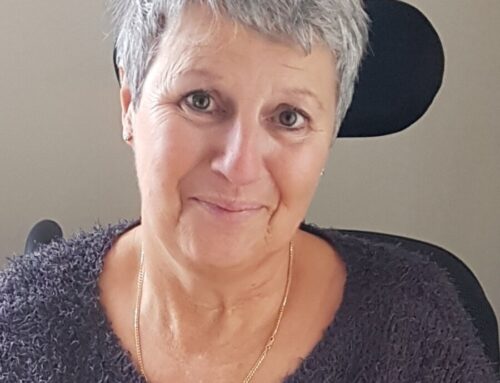I have been fortunate enough on my return to New Zealand last year to establish an ongoing building relationship with REX Bionics. It has been a really exciting journey together and I have been given the opportunity to really explore how something as technologically advanced as the REX can be utilised in clinical rehabilitation. I have used the REX for a wide range of neurological conditions including Multiple Sclerosis (MS) all with the focus on spending more time upright against gravity, dynamically moving in our in anatomically normal stance of a human as being bipedal.
The REX is unique as it is currently the only “stand alone” exoskeleton which provides the user with the stability to be able to be “hands free” and for the clinician to be able to train the upper and lower body in a wide range of positions. With the enhanced Rexercises – a series of programmed exercises including lunges, squats and leg swings and multitude of different positions can be achieved.
I am also extremely lucky to have the REX headquarters less than 5 minutes away from my clinic which has allowed me as a “Clinical Advisor” to Rex to trial all sorts of different things while having the expert hands of many of their engineers on site as required. It has been a fantastic journey for all parties, I have the opportunity to really push the clinical application of amazing technology, Rex themselves are rewarded with the endless possibilities of positively impacting individuals quality of life.
I have been using the REX to assist in rehabilitation for a number of individuals with MS, including several who have been confined to their wheelchairs for a number of years. To try to get these individuals up weight bearing on their feet as a sole clinician is extremely difficult, however with the REX enabling them to come up into standing and move in multiple directions I have my hands free to work them through a rigorous progressive program of exercises. All of the individuals have achieved improvements in core strength, sitting posture, alignment of sitting and lower limbs in standing, fitness, stamina, fatigue and a huge impact on quality of life that they can see they are improving and not just declining.
TVNZ featured our work on their 6pm News show last week, which is great to raise awareness that there is so much positive work happening to improve the lives of those living with MS.
We will provide more information about how the REX is impacting the neurological system and the ongoing story of these ladies achieving great results over the next few months.





